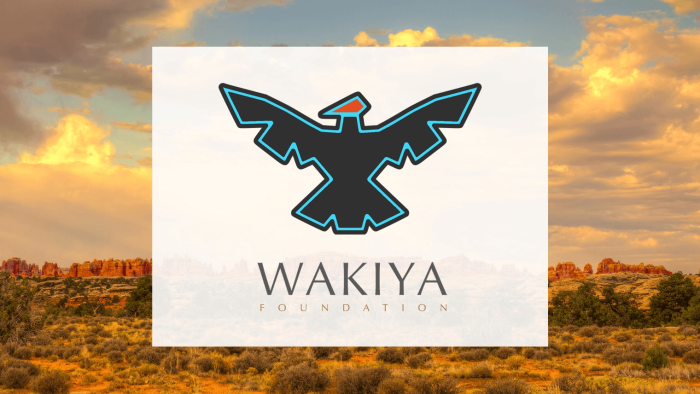
Answering Questions About Learners and Employment Starts with Good Data
What postsecondary education and workforce training programs are learners participating in?
Are they experiencing success after the completion of those programs?
Are they finding employment in their field of study?
Are they experiencing wage gains — either in the short or long term?
How effective are the educational and training opportunities available to them?
 Good data is essential when it comes to answering questions like these. However, states, in particular, as well as institutions and other stakeholders, often lack the data that they need to see the full picture of a learner’s journey through postsecondary education and the workforce. Because of this, it’s difficult to design good, evidence-based programs to support learner success. The first step to get good data is to link postsecondary education and workforce training data systems and to build strong data infrastructure.
Good data is essential when it comes to answering questions like these. However, states, in particular, as well as institutions and other stakeholders, often lack the data that they need to see the full picture of a learner’s journey through postsecondary education and the workforce. Because of this, it’s difficult to design good, evidence-based programs to support learner success. The first step to get good data is to link postsecondary education and workforce training data systems and to build strong data infrastructure.
Two grants to the Coleridge Initiative aim to strengthen the infrastructure for data collection and analysis so that stakeholders can better understand, and ultimately improve, postsecondary education and workforce training outcomes for learners from low-income backgrounds. In the first award, Coleridge funded teams from state agencies and universities to develop actionable information related to people entering or re-entering the workforce as well as tools to access that data. That information is being developed into dashboards, re-employment portals, applied data analytics training programs, and data models that help build evidence about what’s working to inform policy.
Several Coleridge funded teams are working on projects that expand to other states the Multi-State Postsecondary Report dashboard, a data tool that provides states with a better understanding of the employment outcomes of learners who completed a credential within their state’s postsecondary education programs. Another project updates the dashboard to include data on career and technical education, registered apprenticeships, and individuals with credits but no degree in Ohio. The information included in the dashboard is intended to be used to inform state decision-making in education and workforce policy by providing cross-state employment outcome measures.
Our second award supports Coleridge in strengthening the data infrastructure surrounding Arkansas’ postsecondary education in prison programs. With the reintroduction of Pell funding for incarcerated learners and the expansion of postsecondary education in prison programs, good data is essential. Data limitations keep decision makers from adequately understanding the implementation and effectiveness of these programs. To address this, Arkansas is developing a data dashboard and conducting policy-relevant research prison education programs, the learners who participate in these programs, and their outcomes. Without a large-scale database that can be accessed by postsecondary education in prison program stakeholders, questions will remain.
“The availability of data to answer critical questions about what skills learners are gaining and whether that learning leads to upward mobility is fundamental to all other components of our strategy as a funder,” said Keith Witham, vice president — education philanthropy at Ascendium. “Coleridge’s work creating cross-agency partnerships and the tools for sharing and analyzing these data is vital for those seeking to improve learner outcomes and strengthen the ROI of workforce investments.”


